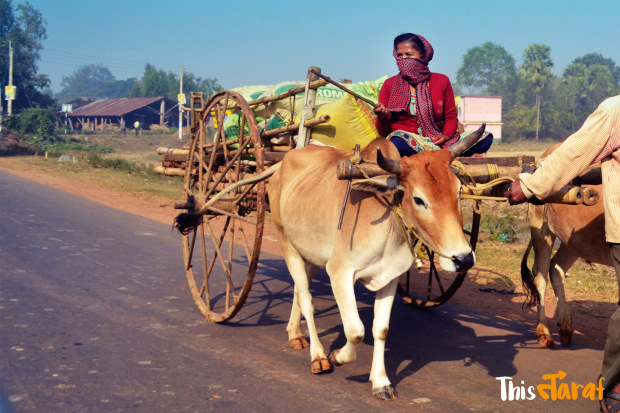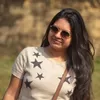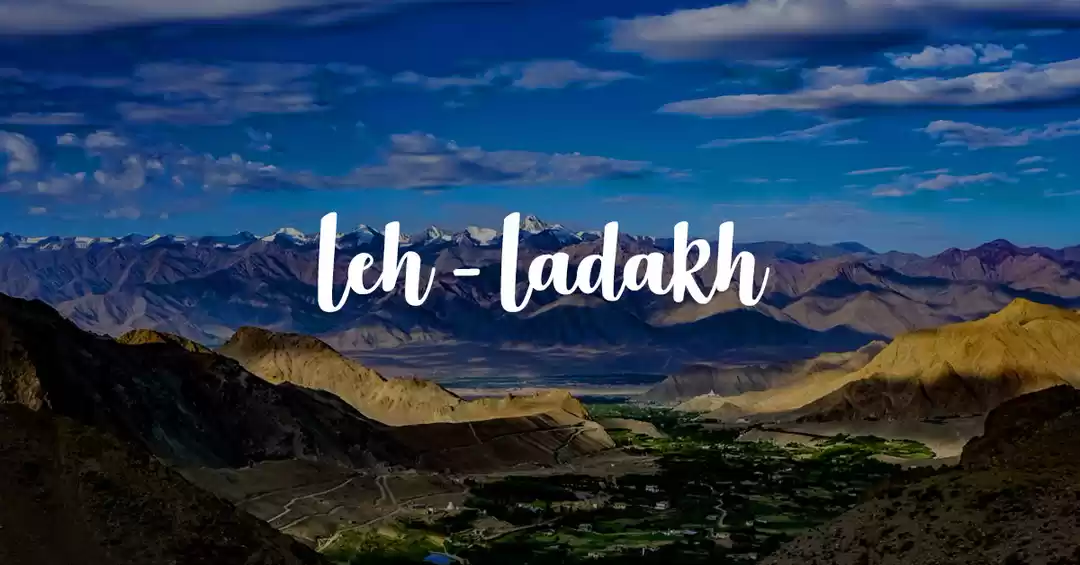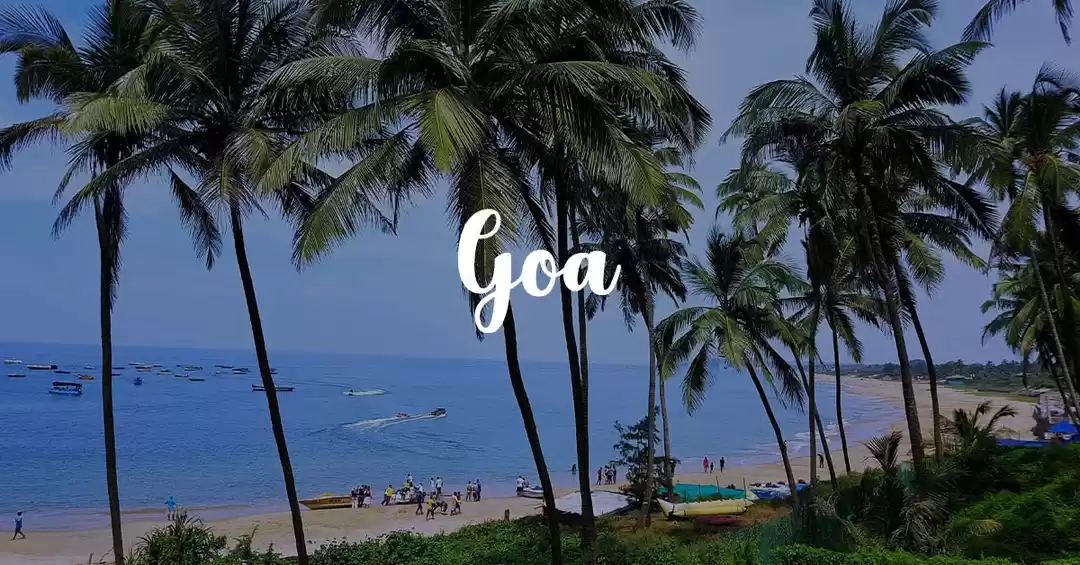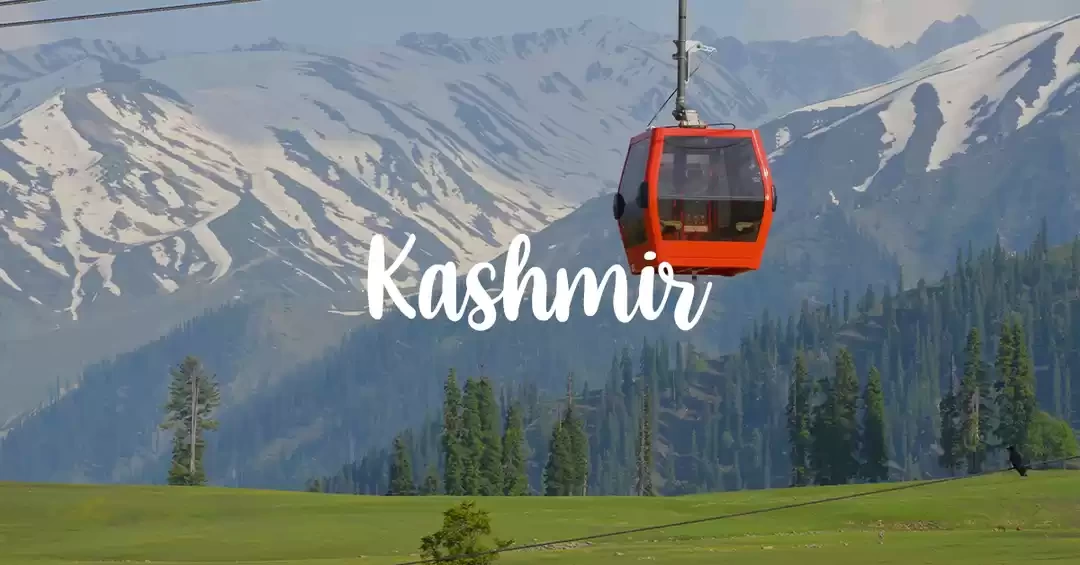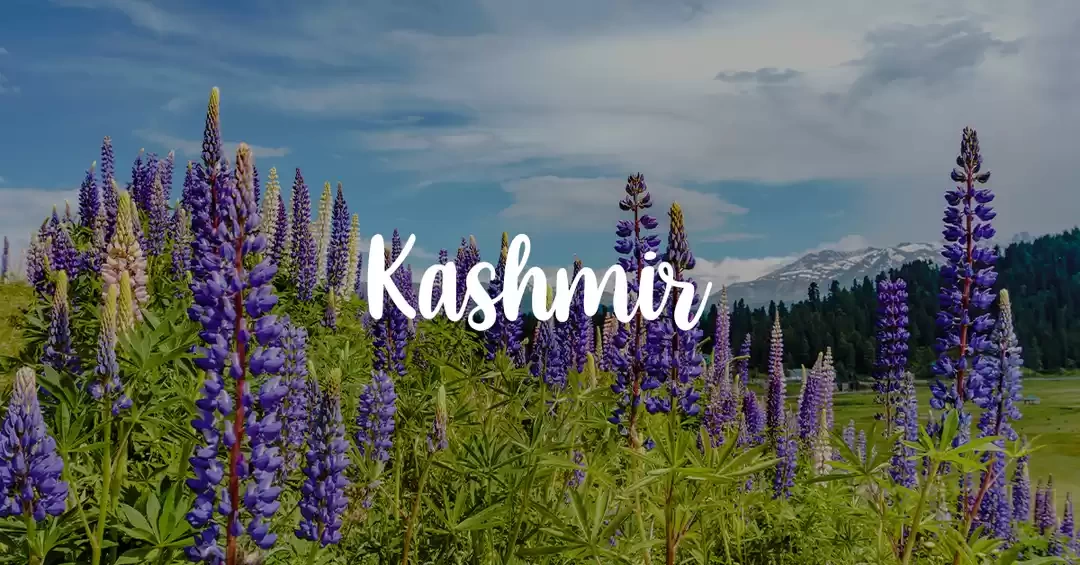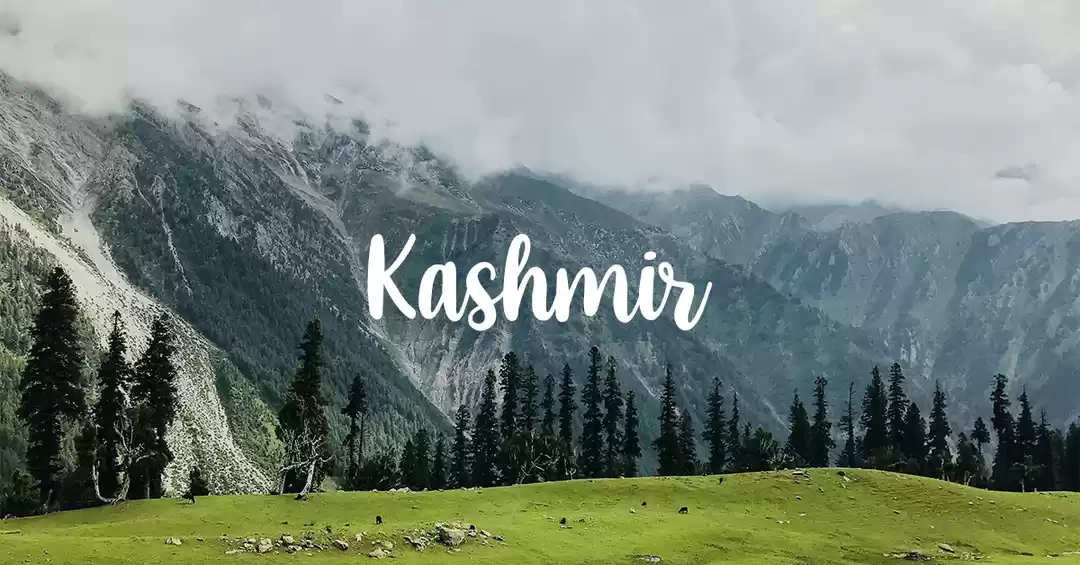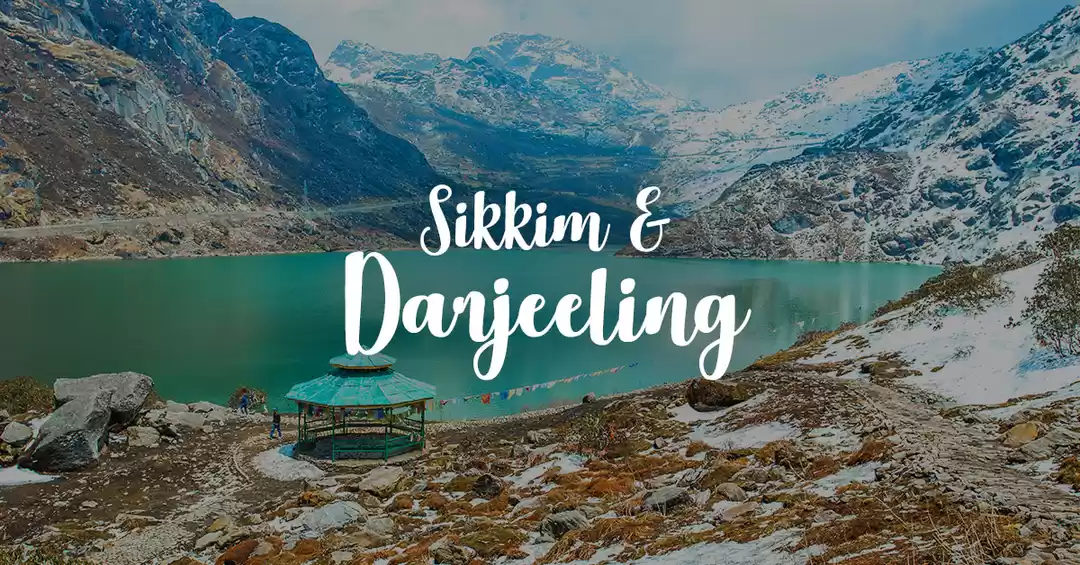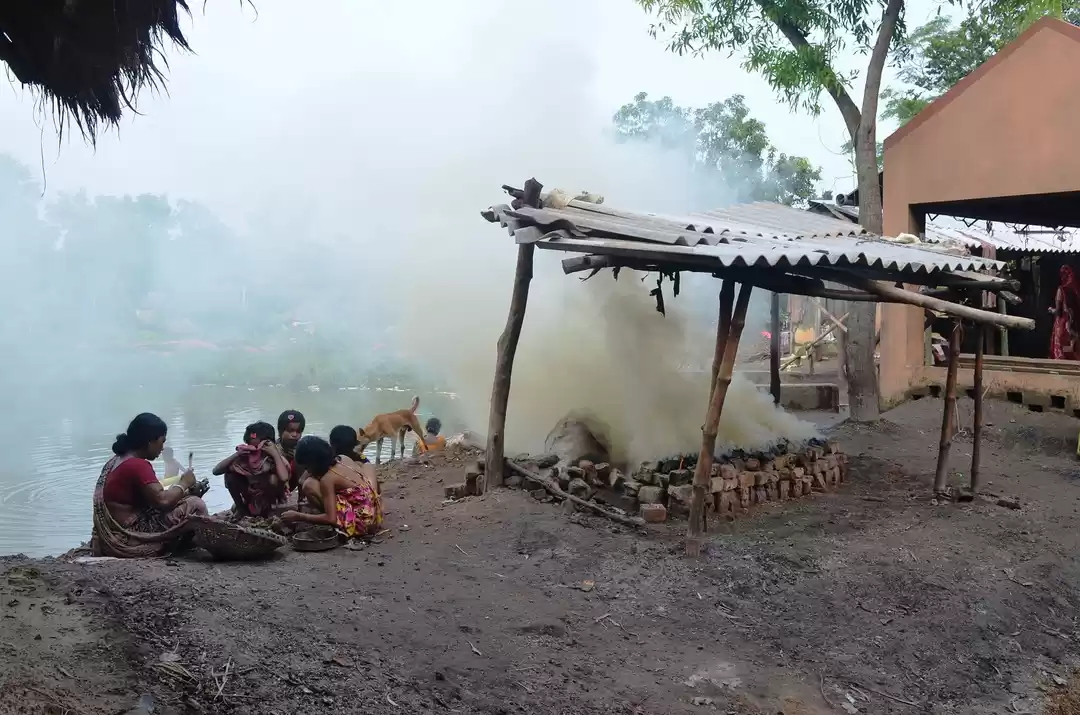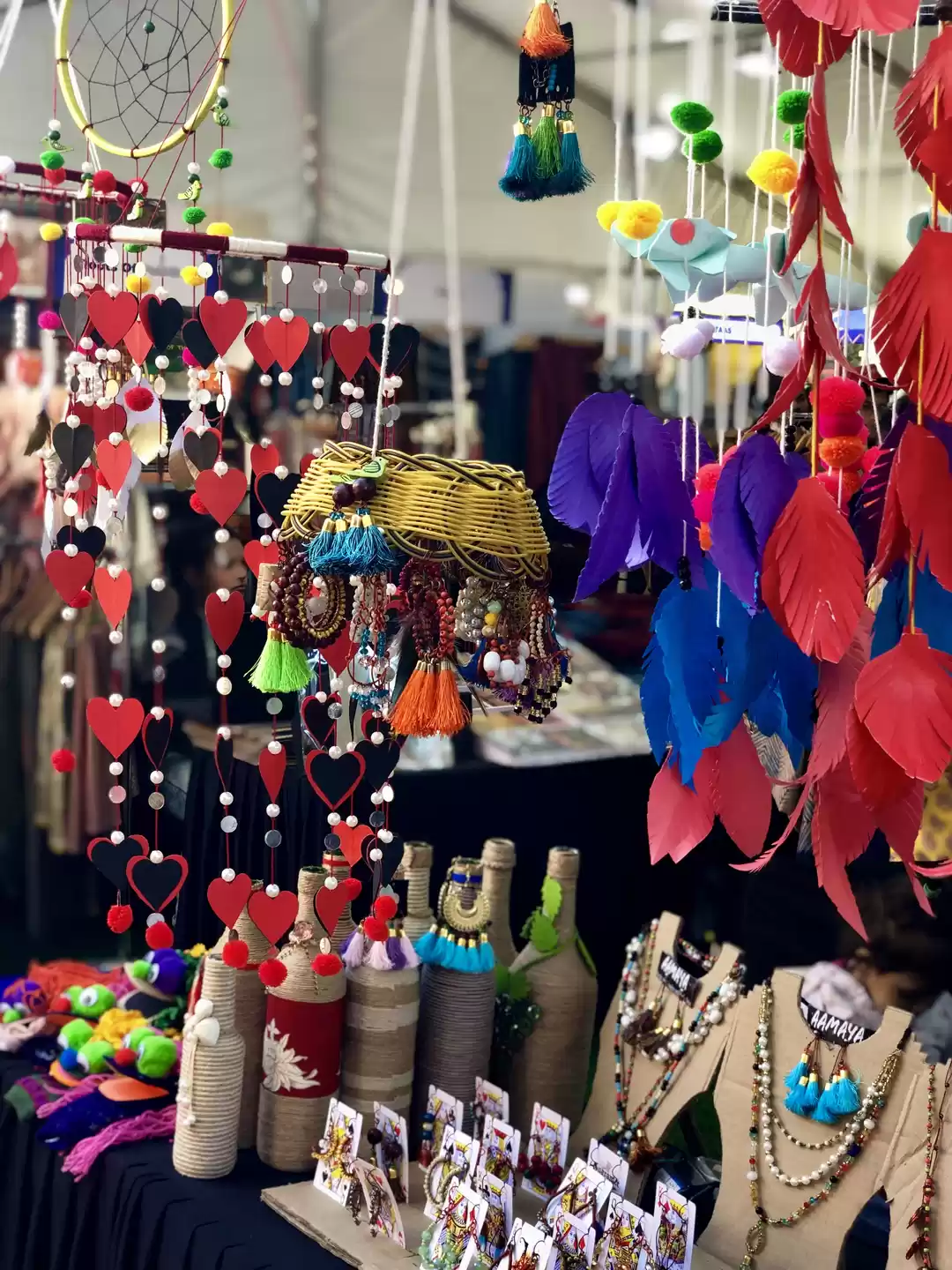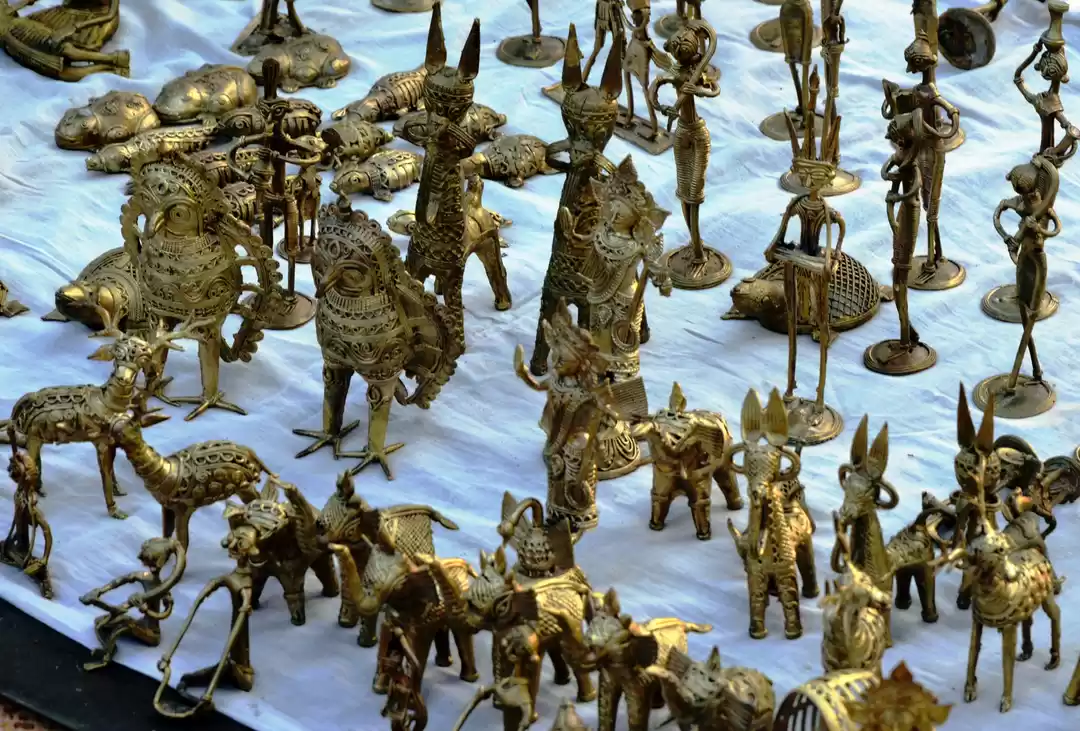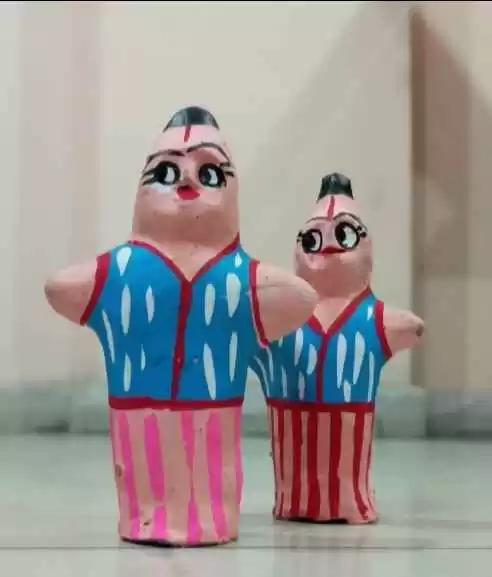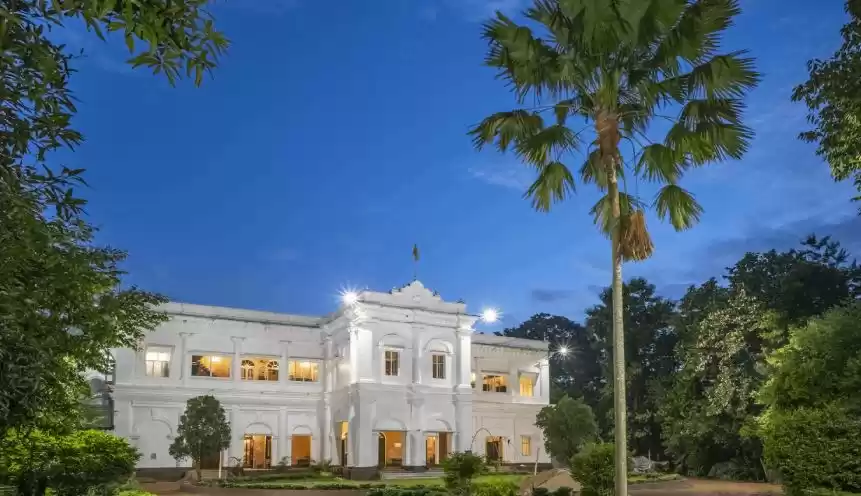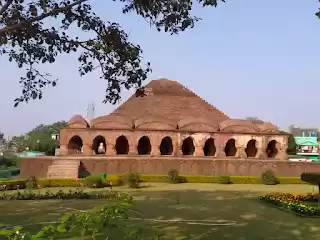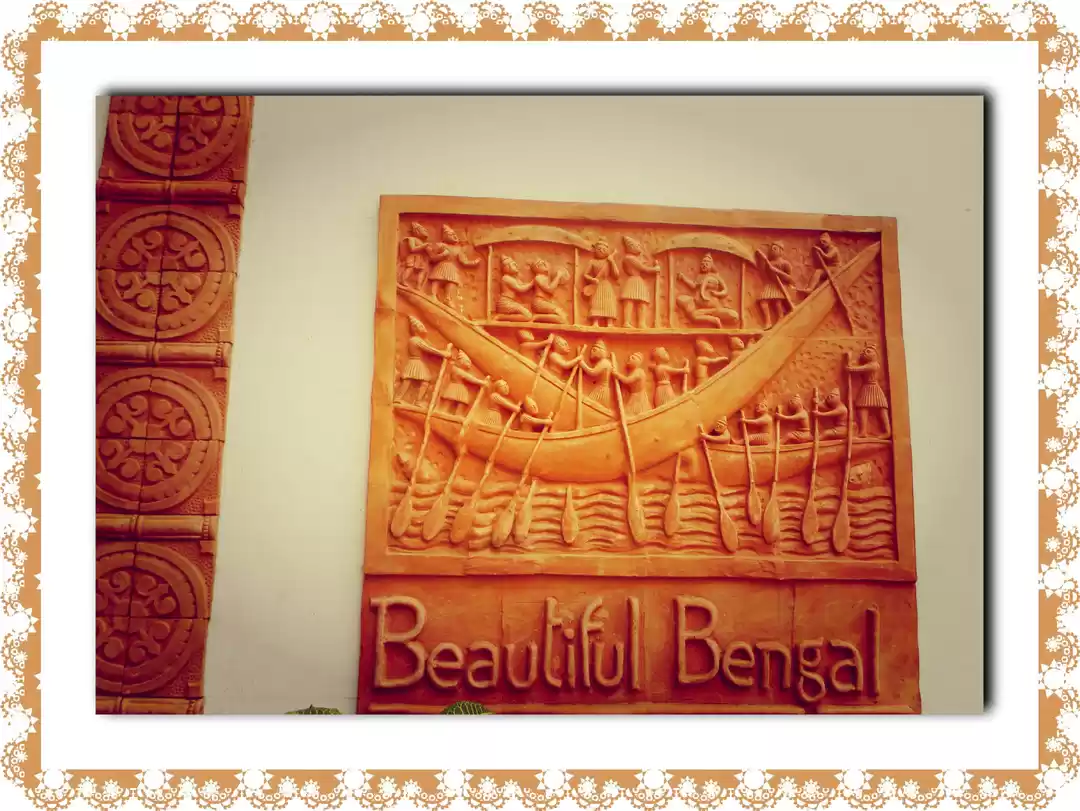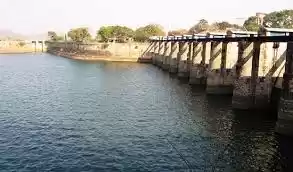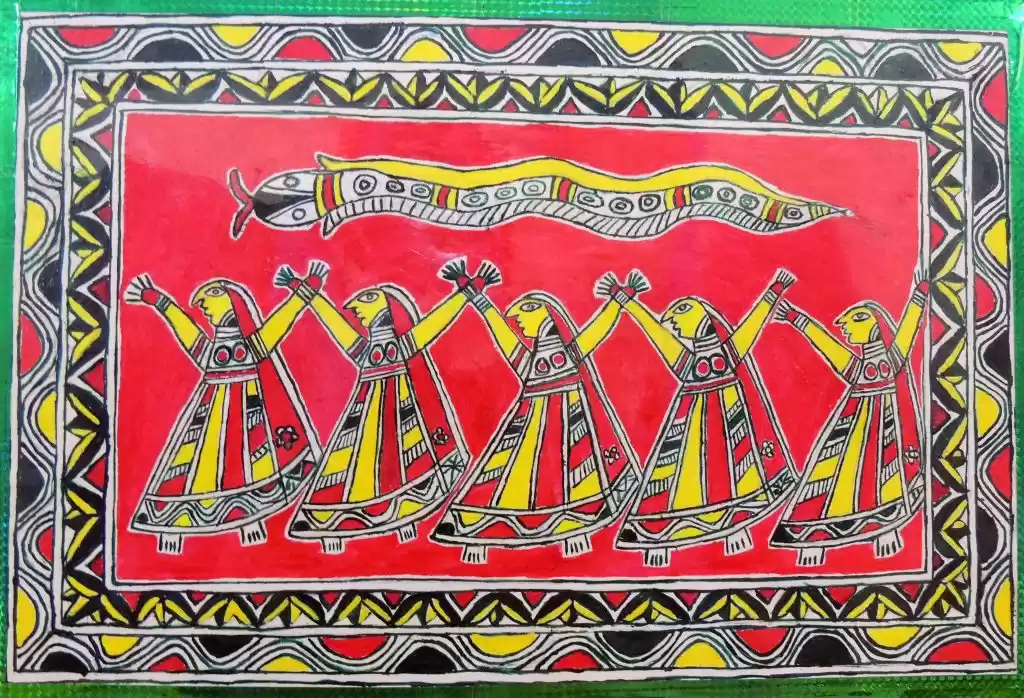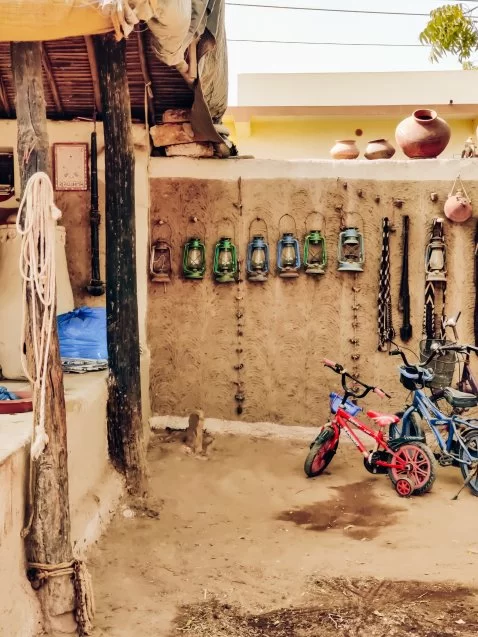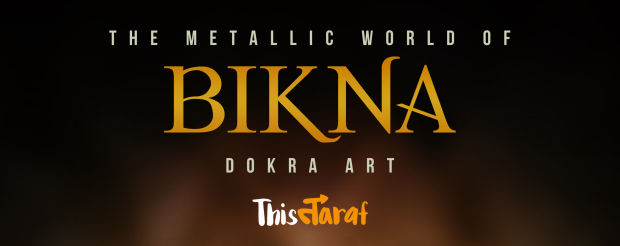
Without art, the crudeness of reality would make the world unbearable ~ said someone. And so true it is.
If you have been a part of our travel journey till now, you would know that we are mad about art and we tend to find art in all our destinations. One such destination is the Bikna village in the Bankura district of West Bengal.
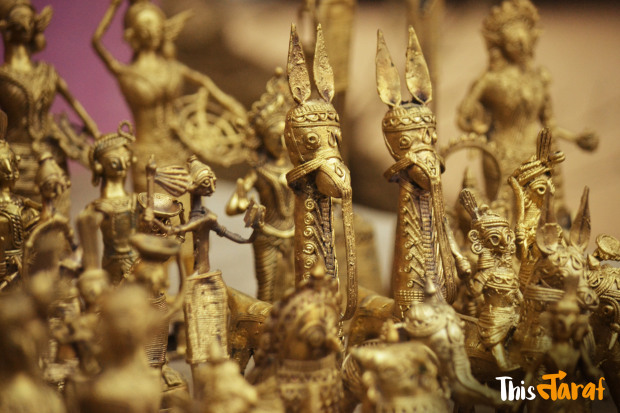
Bikna is the hub of Dokra artists in Bengal. We were aware that there is a dedicated village where all the households practice this form of metal art but were not aware of the name and neither of its proximity to Bishnupur. So when on our trip to Panchmura, our driver suggested of Bikna, we jumped with joy.
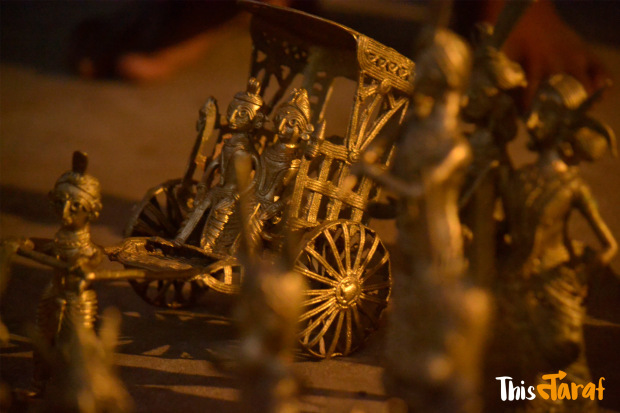
We made our way through the forests to reach the village.

The only problem was by the time we reached, it was almost 5 pm and we could not see the process of metal casting but the artisans were kind enough to explain the process verbally. Going to the village at that hour of the day was mind soothing in itself. As it was getting colder, we could feel the chill. The villagers had made bonfire in different areas and were preparing to close the day. Local farmers were returning with their tools and the aroma of freshly cooked food filled the atmosphere.
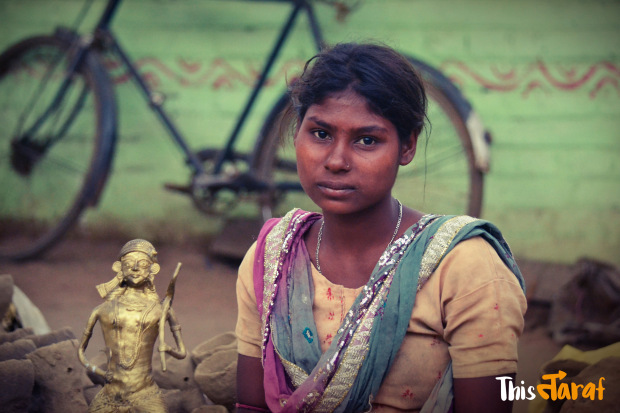
Bikna enjoys quite a few visitors as it is easily reachable and the women in all the houses display all the beautiful articles in front of their houses for sale. They attend the visitors with warmth and confidently engage in conversation related to art and how they practice it shoulder to shoulder with their male counterparts.
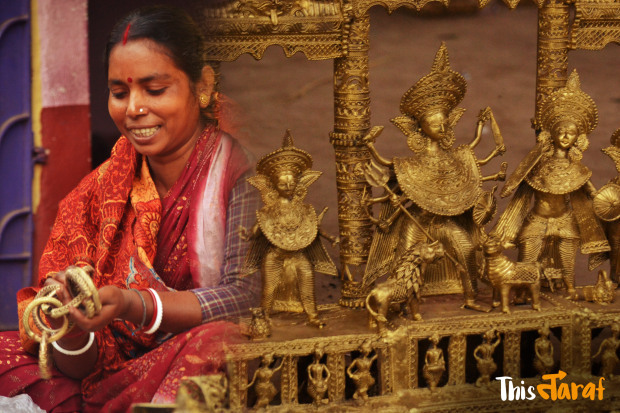
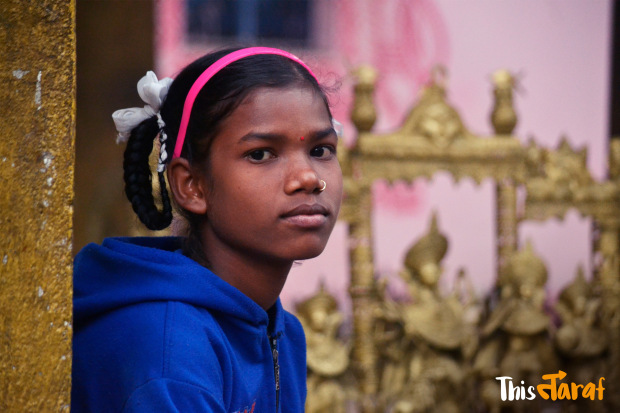
We were surprised to see the well-painted walls of each of the houses. The view just summarised the inheritance of creativity, skills and aesthetics through generations.



Just to elaborate a bit on the form of art, Dokra art encompasses metal casting using a four thousand-year old technique called lost wax casting. The earliest example of this art form is from the Mohenjo-daro period.
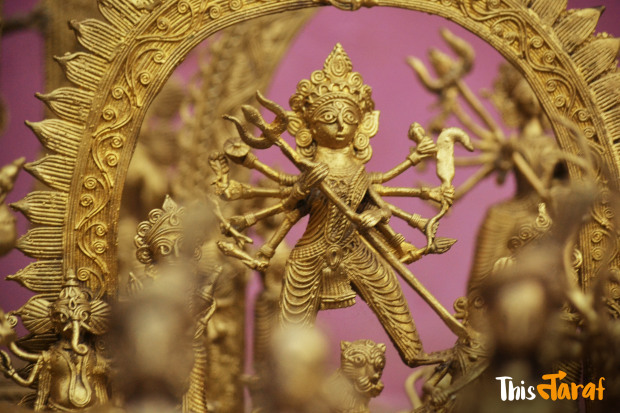
Dokra metal casting is named after the metalsmith tribe Dhokra Damar of West Bengal and Odisha. This tribe is believed to be the distant cousins of the Chattisgarh Dhokras and extends from Jharkhand to West Bengal and Orissa.
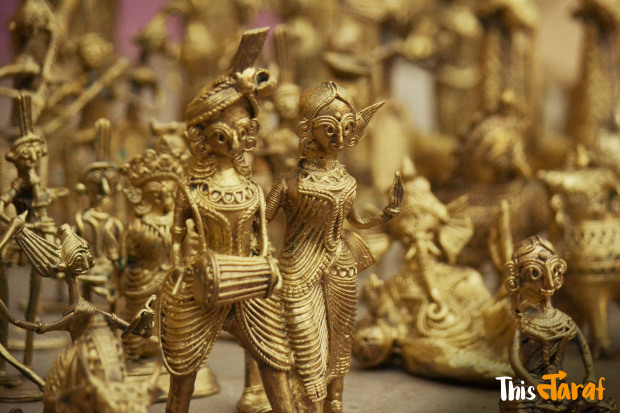
Extensive travel expeditions of this tribe of Central and Eastern India to the Southern and Western regions resulted in the widespread popularity of the art form. The lost wax technique for casting of copper based alloys has traces in China, Egypt, Malaysia, Nigeria, Central America, and other places.
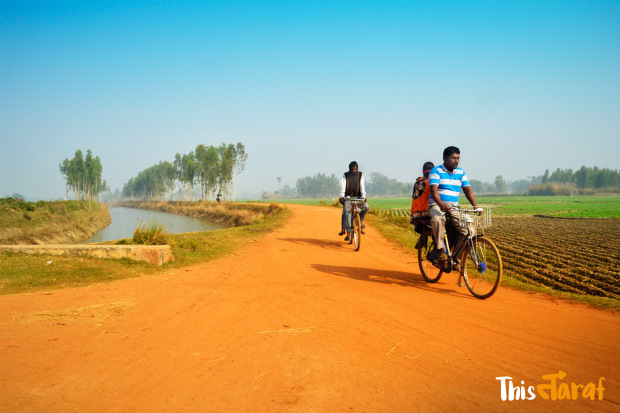
In Bikna, around 65 families practice the hollow casting method using clay and wax to form these intricate metal masterpieces.

Artists run their workshops in the morning half of the day since it is a time taking process and usually finish by 3-4 o’clock, before dusk. So, one has to visit in the morning half to see the process which we unfortunately missed this time.
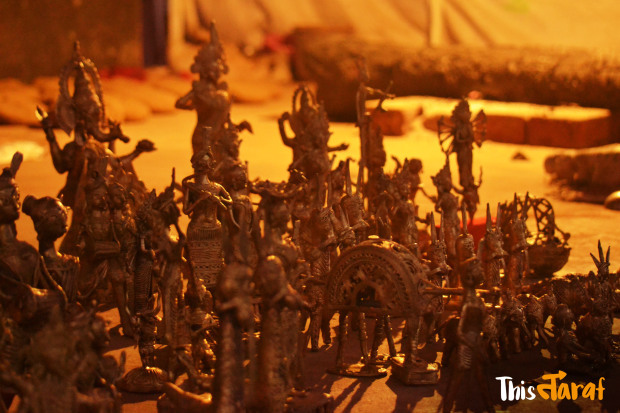
Dokra articles are highly appreciated in both domestic and international markets because of its prehistoric values, enthralling folk patterns and strong construction. Dokra tribal forms, animals, religious God forms, jewellery and household products are highly in demand.
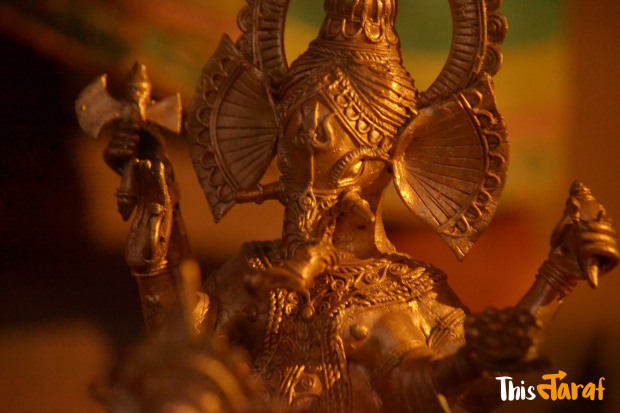
Department of Micro, Small, Medium Enterprises & Textiles and Government of West Bengal in association with UNESCO has developed Rural Craft Hub in Bikna. They are also helping the artisans reach a wider audience by its ‘Biswa Bangla’ initiative in various ways. Products are beautifully packaged and sold through Biswa Bangla stores, which caters to both national and international audience and exposes them to craft by also providing details of the artists and the time taken to craft the article.
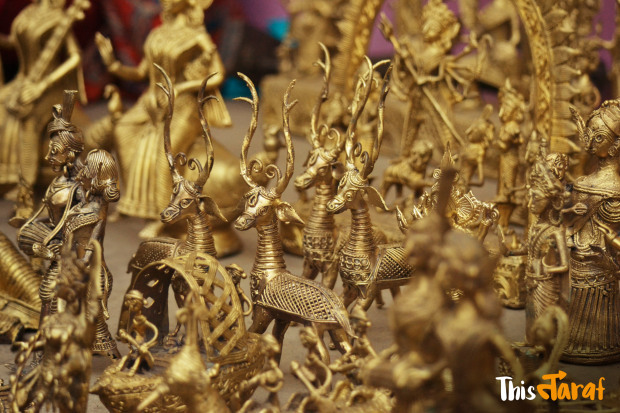
Handicraft fairs are also organised in various parts of the country, where the artisans are invited to sell their products.
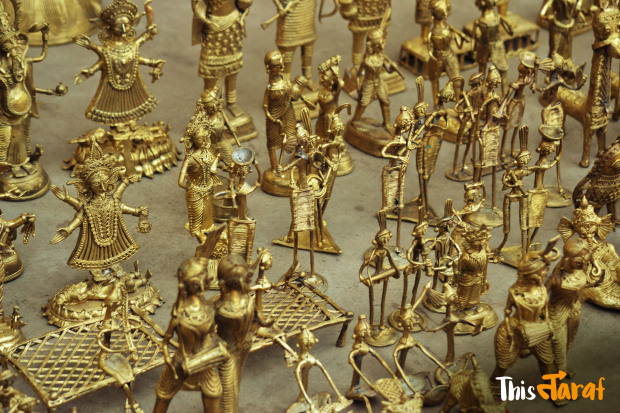
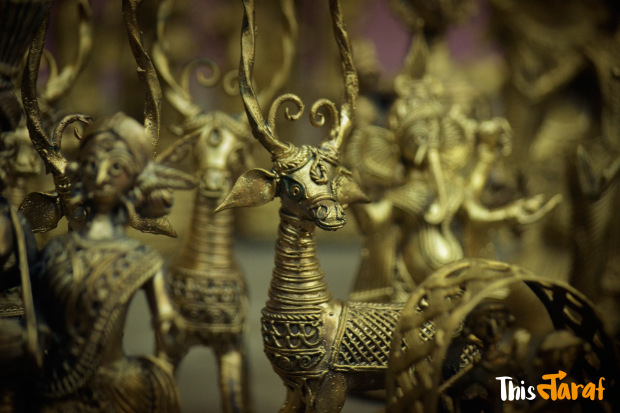
Also, the artists celebrate an annual village festival in November every year in Bikna. The village community has a resource centre where they facilitate the visitors to stay.
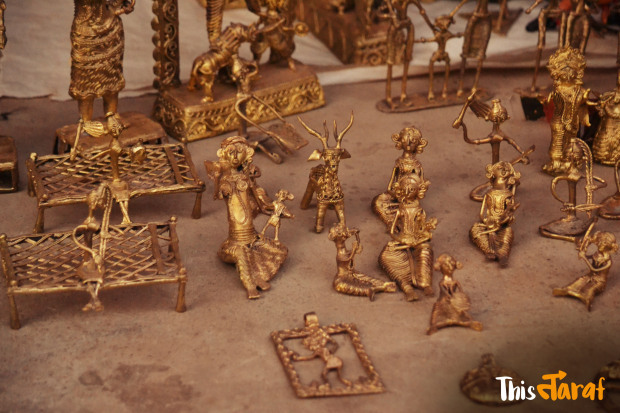
Bikna is at a 15 minutes drive (not on a bullock cart) from Bankura railway station and about 4.5 hours drive from Kolkata.
